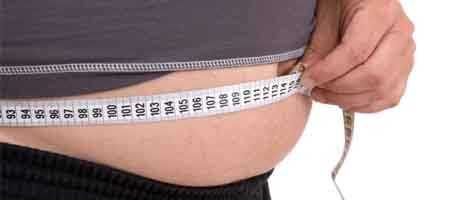Going for a 30 minute walk each day can protect against obesity and type 2 diabetes, reduce the risk of some cancers, and combat depression, a British scientist has revealed.
While it may be one of the most basic forms of exercise, walking is known to have a wide range of health benefits, including helping to reduce type 2 diabetes risk and improve blood sugar control in those diagnosed with the disorder.
In fact, walking for at least half an hour a day is equivalent to taking a “magic pill” that tackles ageing by maintaining healthy living and improving quality of life, according to Dr James Brow, from the School of Life and Health Sciences at Aston University.
Speaking at the British Science Festival in Birmingham, Dr Brown surprised visitors by presenting a pill which he claimed could help lower the risk for obesity, type 2 diabetes and cancer, ease anxiety, tackle depression, improve mobility and reduce the chance of hip fractures by 40% among older adults.
The pill was also said to slow the progression of Alzheimers disease and protect cognitive function, cut arthritic pain by half, boost energy levels, and slash the risk of dying by 23%.
Then came the surprise, “This isn’t a pill, its exercise,” the scientist revealed. “All of these changes are not seen in people who run marathons; they are not seen in people who lift weights in the gym, or spend four hours running on the treadmill. These are seen in people who walk and who walk for half an hour a day.”
He added: “You can get all of these health benefits, you can get a reduction in all of these diseases that are associated with ageing, by just keeping active, by walking for half an hour a day. If there is one take home message it would be that.”
During his lecture at the University of Birmingham, Dr Brown stressed that remaining inactive for too long could cause a significant amount of muscle loss in older adults, which may never be recovered. This in turn could have a major impact on quality of life by increasing inactivity and leading to something called the ‘stairway to dependence’.
What's new on the forum? ⭐️
Get our free newsletters
Stay up to date with the latest news, research and breakthroughs.









